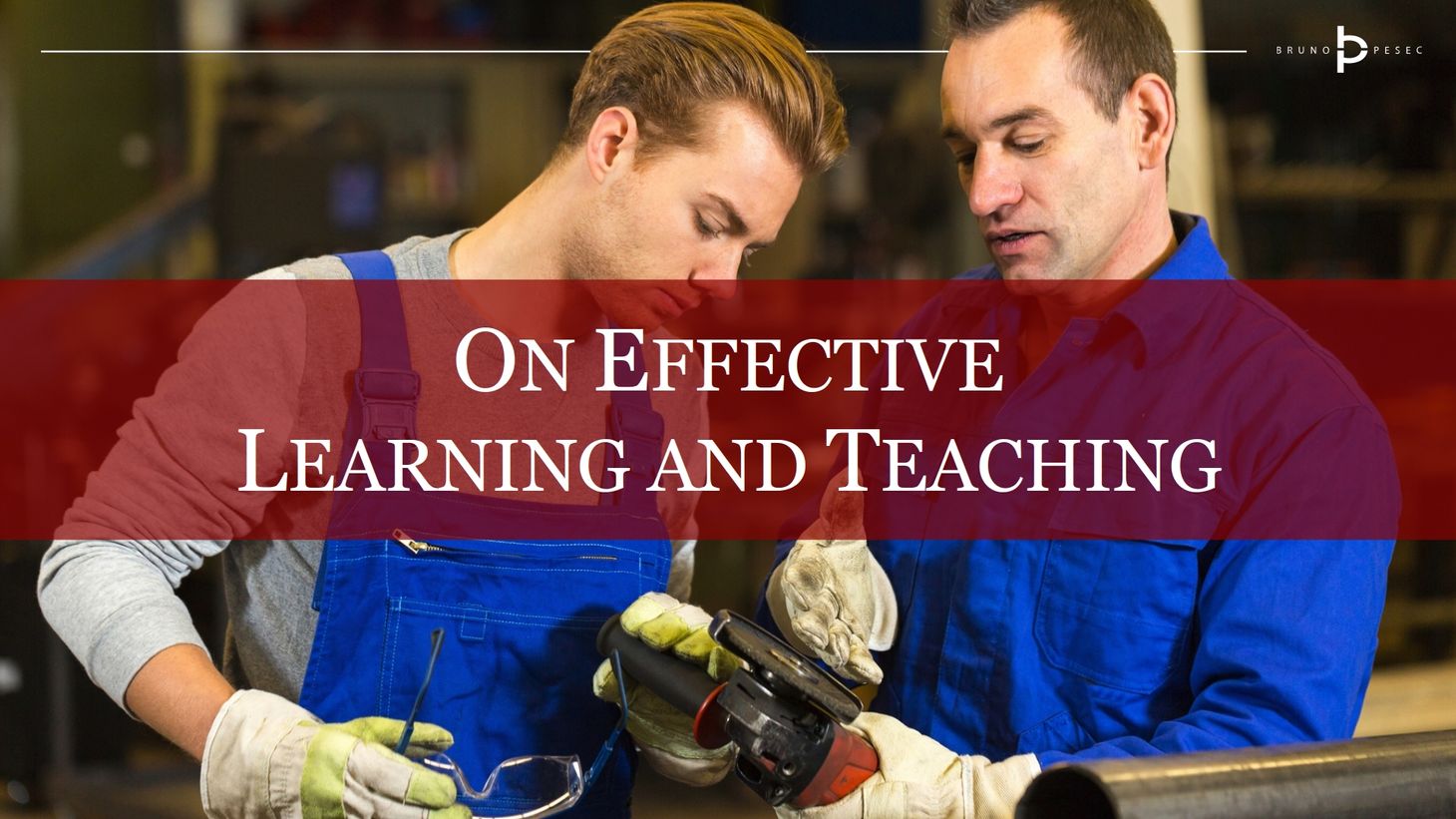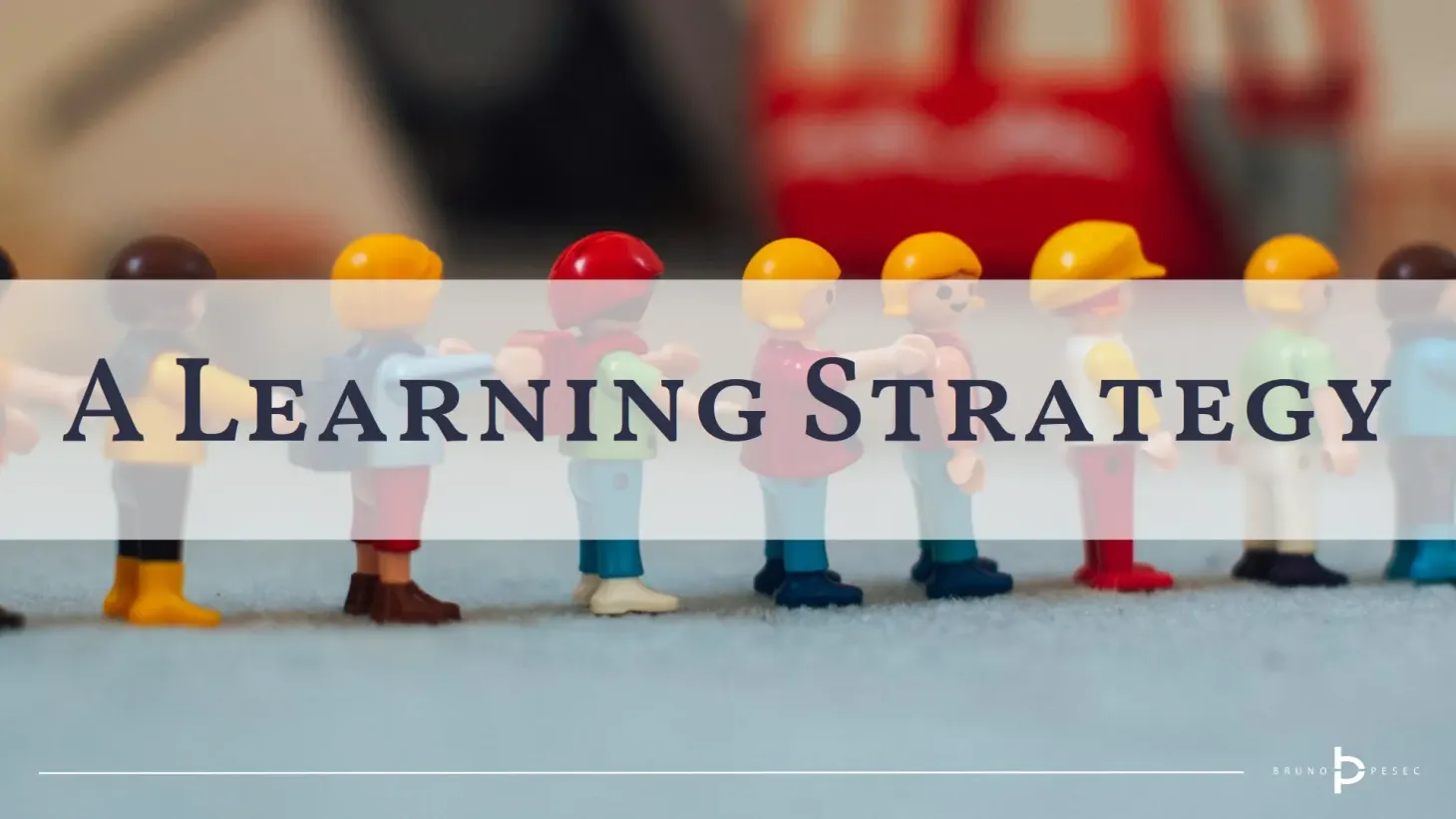On effective learning and teaching
Learning new things is wonderful.

Innovation—creating something new and valuable—is a skill.
Recognising opportunities, connecting the dots, formulating ideas, testing assumptions and hypotheses through experimentation, understanding customer needs and desires, designing businesses, developing products, building ventures, crafting strategy, managing portfolios...
All of these are skills that can be taught and improved.
In fact, a big part of what I do is making sure those I'm helping become more skillful innovators and strategists themselves. I have no interest in creating codependents. Hence I'm always testing various learning techniques.
Here are five great, generic, and research-backed learning strategies:
- Distributed practice: when practice schedule is spread out to increase information retention. For example, having few intense workshops followed with six weeks of on-the-job coaching.
- Practice testing: when learners are either asked, or on their own initiative, recall information. This can be easily integrated during the retrospective or summary, so it has that natural flow instead of feeling like an exam.
- Elaborative interrogation: asking the learner to explain a statement or concept. Simple questions like "what is innovation to you" and "what constitutes and idea" are powerful enough. Ideally the questions are delivered as invitations rather than demands.
- Self-explanation: asking the learner to explain how new information relates to their existing knowledge; or to detail their thinking process. This is especially important for abstract concepts.
- Interleaved practice: when practice schedule includes a number of different types of materials and problems in a single learning session. A four hour lecture with slides of different colour do not constitute "different type of materials."
Teaching (including mentoring, coaching, and lecturing) is also a skill. It isn't just for consultants or leaders. Everyone should feel the joy of teaching a skill to someone else—at least once in their life.
Dunlosky, J., Rawson, K. A., Marsh, E. J., Nathan, M. J., & Willingham, D. T. (2013). Improving Students’ Learning With Effective Learning Techniques: Promising Directions From Cognitive and Educational Psychology. Psychological Science in the Public Interest, 14 (1), 4–58. https://doi.org/10.1177/1529100612453266
Bruno Unfiltered
Subscribe to get the latest posts delivered right to your inbox. No spam. Only Bruno.




